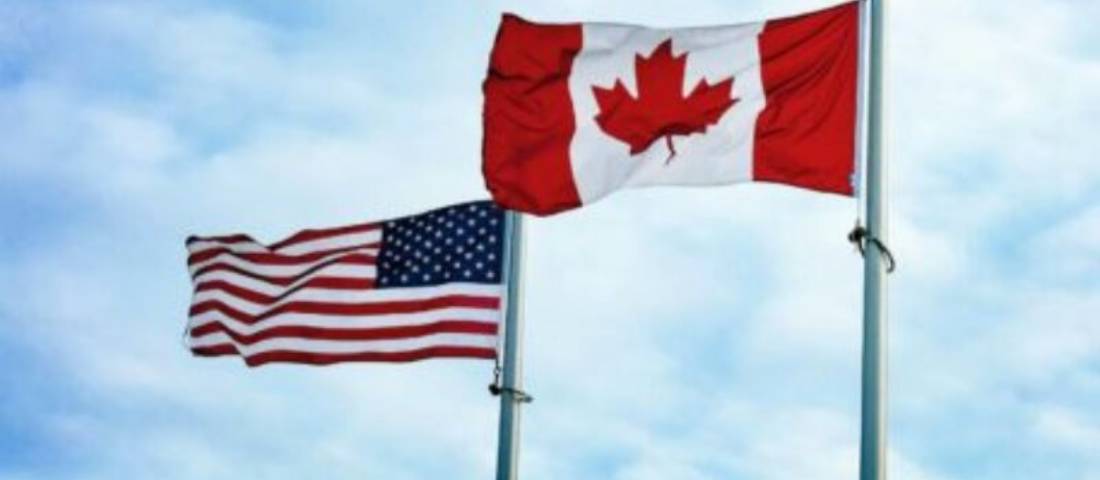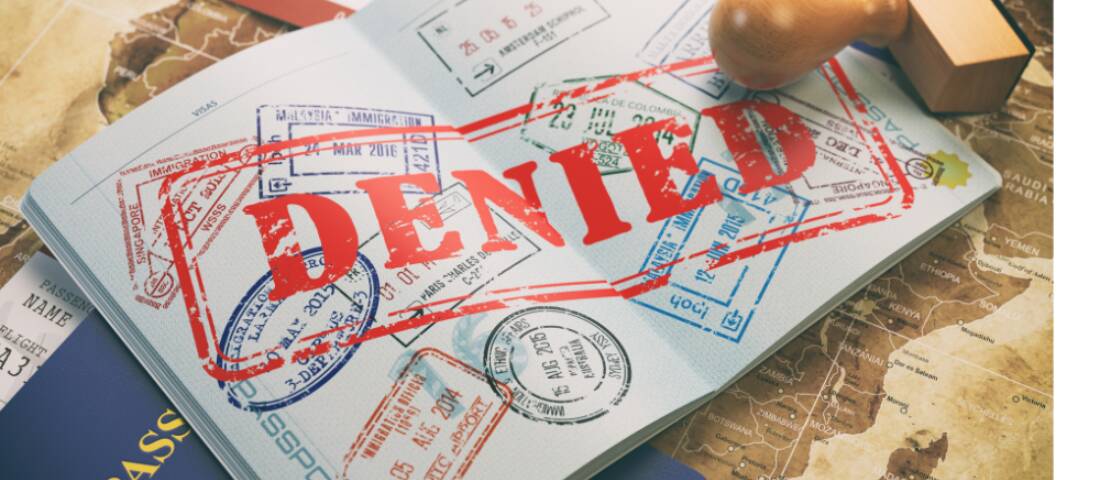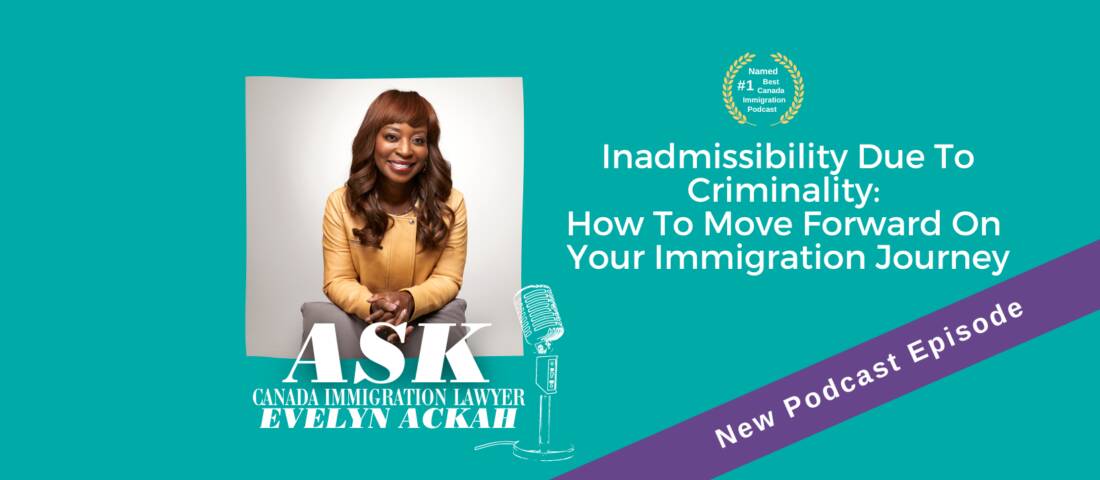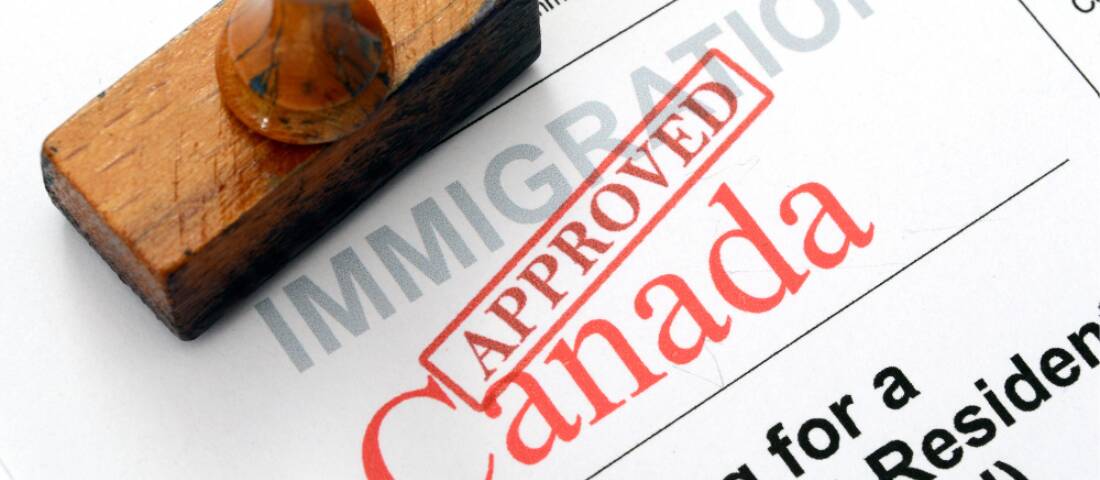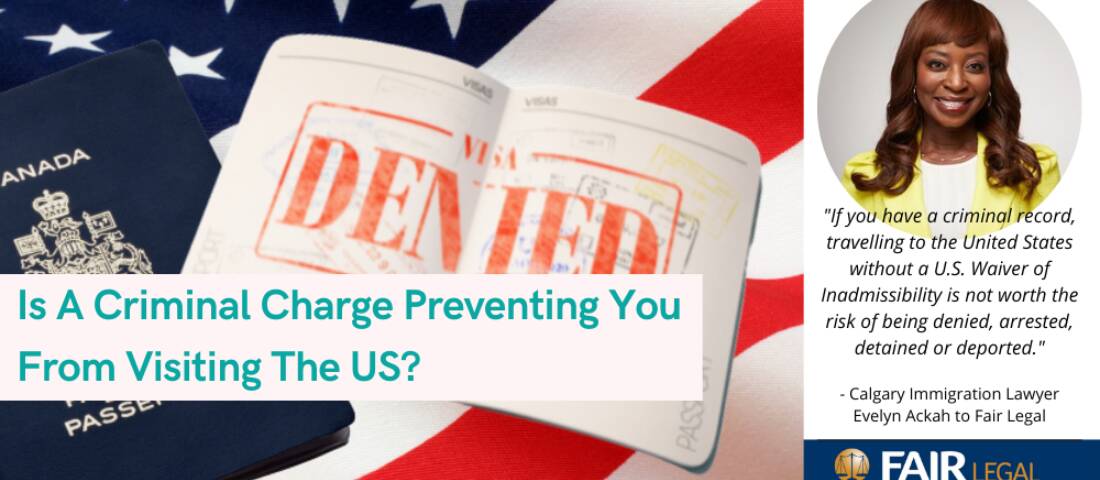U.S. Customs and Border Protection (CBP) and the Canada Border Services Agency (CBSA) have begun to exchange biographic traveller data, travel documents, and other information related to border crossings of U.S. and Canadian citizens as Phase III of the "Beyond the Border" security agreement initiated in 2011 by former prime minister Stephen Harper and former U.S. president Barack Obama. Canadian Bill C-21 authorized the border security measure and addressed privacy concerns. A press release from the US Department of Homeland Security said the border data sharing will help both governments "identify persons who overstay their lawful period of admission; monitor the departure of persons subject to removal orders; and verify that residency requirements are being met by applicants for continued eligibility in immigration programs."
Ralph Goodale, Canada's Minister of Public Safety and Emergency Preparedness, said the legislation addresses privacy concerns:
"The Government of Canada is determined to keep our border secure while protecting individual rights and freedoms, and has built privacy protections into the core of the Entry/Exit initiative."
Acting U.S. Department of Homeland Security Secretary Kevin K. McAleenan said in a statement that he is proud of the co-operation between the two countries:
"Ultimately, our commitment to sharing information on travellers moving across our borders helps improve public safety, detect dangerous actors and those who violated their visas, and enforce our rule of law."
Phase I of Beyond the Border was implemented in 2012, and the U.S. and Canada piloted the exchange of information on third-country nationals and permanent legal residents at four land border ports along the U.S.-Canada border. Phase II in June 2013 started the exchange of data at all common land border ports. Phase III of the program launched in July 2019 and "expands the exchange of data to include U.S. and Canadian citizens, and continue the sharing of data on legal permanent residents and third-country nationals."
Immigration lawyer Evelyn Ackah is concerned this will cause issues for some immigrants to Canada and Canadians who travel to the U.S. for holidays or cross-border business:
A minor immigration or criminal issue in your past or over-staying your visa could cause problems when you exit or enter Canada. If you have a question about your eligibility to cross the Canada-United States border, you should consult an immigration attorney before you travel. If you have already been stopped at the border or your file has been flagged, an immigration attorney can help you get the appropriate waivers or clear your record so you don't experience future problems at the border.
The DHS release said the program will “be done in accordance with each country’s respective privacy laws and policies.”
Learn More:

